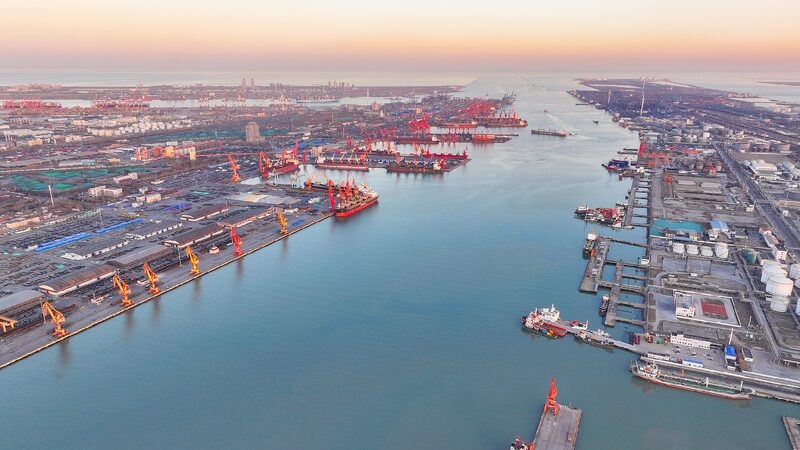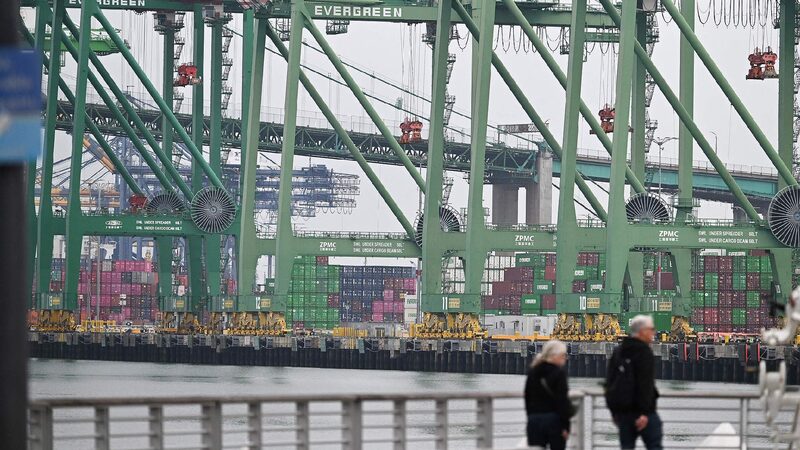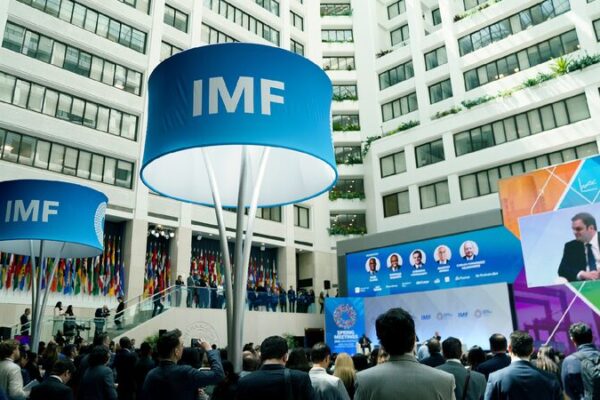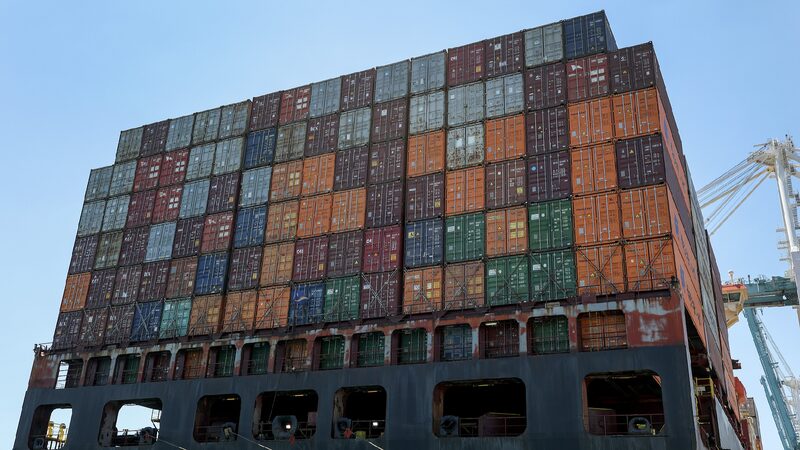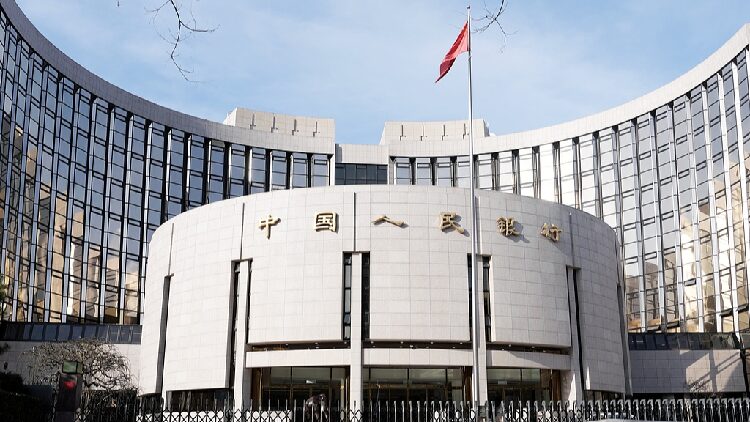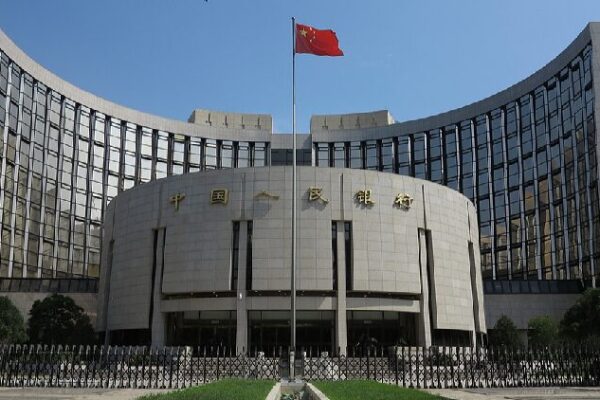The United Nations has released a report projecting that the global economy will grow by 2.8% in 2025, matching last year’s figures. Despite a slowdown compared to pre-pandemic levels, the report highlights positive signs like declining inflation, better labor market conditions, and easing monetary policies.
However, the UN’s World Economic Situation and Prospects 2025 report also warns of significant uncertainties. Challenges such as geopolitical conflicts, rising trade tensions, and high borrowing costs continue to threaten global growth, especially in low-income and vulnerable countries. These issues could hinder progress toward achieving the Sustainable Development Goals (SDGs).
In regional forecasts, the United States is expected to see growth moderate from 2.8% in 2024 to 1.9% in 2025, as labor markets soften and consumer spending slows. Europe is anticipated to recover modestly, with GDP increasing from 0.9% in 2024 to 1.3% in 2025, aided by easing inflation and strong labor markets.
East Asia is projected to grow by 4.7% in 2025, driven by the Chinese mainland’s stable growth of 4.8% and robust private consumption across the region. South Asia is expected to remain the fastest-growing region, with GDP growth projected at 5.7% in 2025, led by India’s 6.6% expansion.
Africa is forecast to see modest growth, increasing from 3.4% in 2024 to 3.7% in 2025, thanks to recoveries in major economies including Egypt, Nigeria, and South Africa.
Global inflation is predicted to decline from 4% in 2024 to 3.4% in 2025, offering some relief to households and businesses. Major central banks are expected to further cut interest rates as inflationary pressures ease.
Despite these positive trends, the report highlights ongoing structural challenges like weak investment, slow productivity growth, high debt levels, and demographic pressures that are keeping global growth subdued compared to the pre-pandemic average of 3.2%.
The UN emphasizes that monetary easing alone won’t be sufficient to boost global growth or reduce disparities. It urges governments to avoid overly restrictive fiscal policies and focus on investments in sustainable development, particularly in critical social sectors such as health and education.
The report calls for bold multilateral action to tackle interconnected crises of debt, inequality, and climate change, stressing the need for international cooperation to ensure inclusive and sustainable global growth.
Reference(s):
cgtn.com
